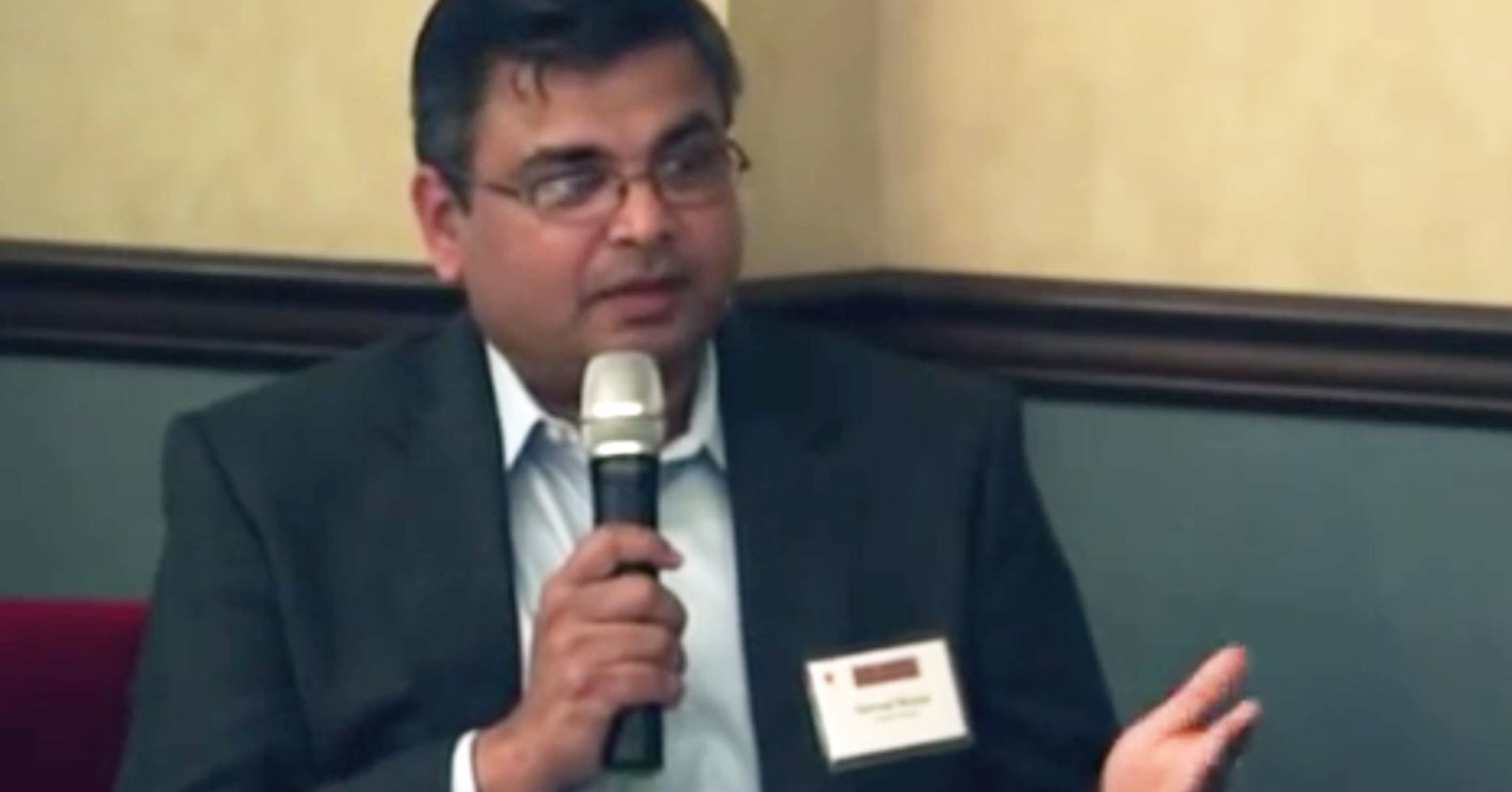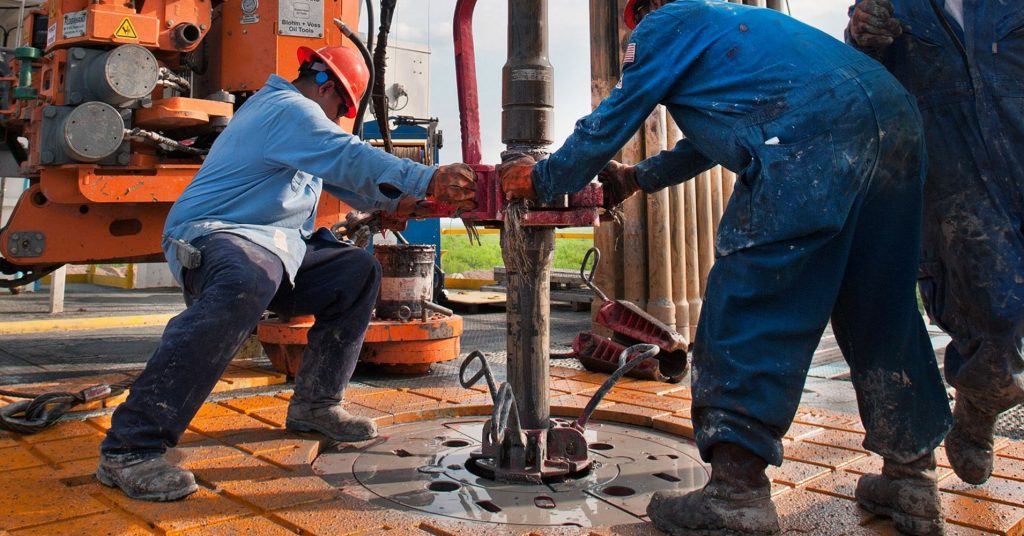
A 400 percent price hike on a decades-old medicine is a risky move in a post-Martin Shkreli world. But Nirmal Mulye, founder of Nostrum Pharmaceuticals, said he had to take the price increase — or continue losing money manufacturing generic drugs.
Mulye’s found himself the latest CEO in the drug pricing spotlight, after the Financial Times this week featured his company’s 400 percent increase on the antibiotic nitrofurantoin, to $2,400 a bottle, and quoted him saying there was a “moral requirement to sell the product at the highest price.” The piece also said he defended the actions of Shkreli, who raised the price of the medicine Daraprim by 5,000 percent overnight in 2015.
“I was not defending Shkreli,” Mulye said in a telephone interview Wednesday. “What I said was the conditions under which Shkreli could do what he did were created by the FDA. That is the real story.”
Mulye argues the generic drug business has become so bogged down in inefficiencies at the Food and Drug Administration, increased industry fees and regulations that his business has lost money in eight of the 11 years it’s been in operation. Nostrum draws revenue of up to $56 million a year and sells about a dozen generic products, Mulye said.
His comments to the Financial Times drew criticism from the FDA commissioner, who wrote in a tweet: “There’s no moral imperative to price gouge and take advantage of patients.”
Chip Davis, president and CEO of the Association for Accessible Medicines, the trade group representing generic drug companies, suggested some of Mulye’s ire may be misplaced.
“We view the recent statements and actions by Nostrum Laboratories as being detached from market realities,” Davis wrote in an email. Nostrum is not a member of AAM.
The FDA, under new commissioner Scott Gottlieb, has focused on speeding up approvals of both generic and branded drugs as part of a directive from President Donald Trump to bring drug prices down. It’s largely been lauded for doing so.
But Mulye disagrees. He said new FDA guidance on elemental impurities in medicines required a reformulation of nitrofurantoin, so Nostrum pulled the product out of the market while it implemented the necessary changes. It plans to re-introduce it “shortly,” Mulye said.
“After the regulation came into effect, I don’t think anybody manufactured the product,” Mulye said. “That’s going to create exclusivity in the market. Then the price goes up.”
For that, he said, he blames the FDA. But he also claims it’s necessary for him to charge as much as he can because he incurs such high costs running the rest of the business – which he says he often can’t recoup if he can’t get products to market fast enough or if competitors emerge, bringing prices down.
Mulye also says the price he gets won’t be the list price, echoing an argument from many drugmakers about the difference between list prices and heavily discounted net prices.
“It’s going to be discounted significantly” based on what Nostrum’s customers, like Walmart and Walgreens, agree to pay for the drug, Mulye noted. And, he said, his price is capped by the branded version’s price, which he says is $2,800.
Davis, of the generic drugs association, concurs that “the threats and challenges facing the generic sector in the U.S. remain very real,” despite disagreeing with Nostrum’s moves.
“The U.S. generic market is facing unprecedented cost pressures that continue to threaten the sustainability of manufacturers, and by extension patients’ ability to access the medicines they need,” Davis wrote. He pointed out product discontinuations are on the rise, and while more generic drugs are being approved, there is also an increase in the number of approvals that aren’t being launched.
Nostrum’s wasn’t the only price hike last month; it was one of 60, according to Wells Fargo. The largest was Alembic Pharmaceuticals’ 482 percent increase on fluoxetine, an antidepressant. Most of the price hikes were taken by smaller generics companies; many larger branded drugmakers have held off on price hikes recently due to political scrutiny.
Ronny Gal, an analyst with Bernstein, doesn’t buy Mulye’s gripes.
“There is no relation to the cost of the drug, which has to be a fraction of the price, given past market price,” Gal wrote in an email. “He is pretty much telling you that he raised prices because there was a market opportunity to do so … using FDA fees as reason for raising prices is pretty weak.”

